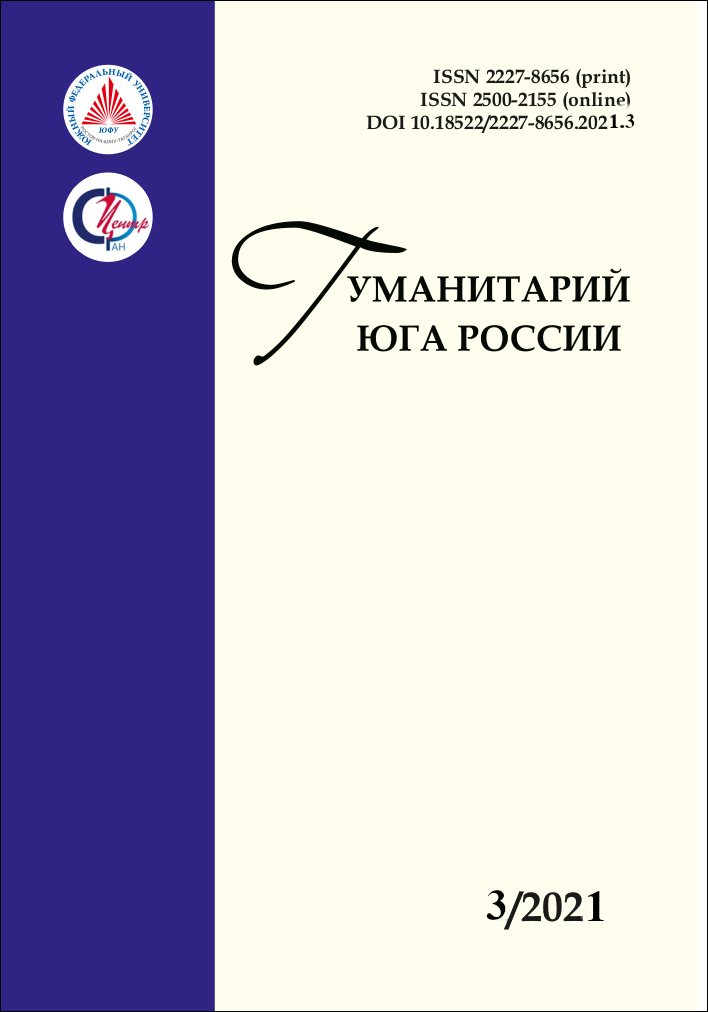Неоинституционализм как методология исследования эффективности управления высшим образованием
Научная статья
Аннотация
Литература
2. Дятлов А. В., Ковалев В. В. Трансформация института сити-менеджмента в муниципальном управлении Юга России // Социологические исследования. 2021. № 3. С. 66–77.
3. Ковалев В. В., Дятлов А. В., Воденко К. В. Общественная состоятельность института сити-менеджмента в оценках населения Ростовской области и Республики Адыгеи // Вестник Южно-Российского государственного технического университета (Новочеркасского политехнического института). 2020. Т. 13, № 4. С. 127–139.
4. Култыгин В. П. Теория рационального выбора – возникновение и социальное состояние // Социологические исследования. 2004. № 1. С. 27–36.
5. Розмаинский И. В. Институционализм // Журнал институциональных исследований. 2010. Т. 2, № 4. С. 130–144.
6. Тюкавкин Н. М. Систематизация теоретических основ неоинституционализма // Вестник Самарского государственного университета. Экономика и управление. 2015. № 9/1 (131). С. 209–216.
7. Coleman J. S. The Role of Rights in a Theory of Social Action // Journal of Institutional and Theoretical Economics. 1993. Vol. 149. P. 213–232.
8. Demsetz H. Efficiency, Competition, and Policy. Vol. I–II. Oxford, 1988. P. 164–184.
Поступила: 12.03.2021
Опубликована: 29.07.2021






